Empowering Communities Through Participatory Research: A Path to Social Change
In a world where traditional research often overlooks the voices of those most affected by social issues, Monica Malta's insights into community-led research present a transformative approach. By involving communities in co-creating solutions, we can foster resilience and empower individuals to be leaders of change.
Introduction to Monica Malta's Journey
Monica Malta's journey is one of resilience, transformation, and empowerment. Her story begins in December 1996, in the sweltering heat of Rio de Janeiro, where she found herself alone in a waiting room, grappling with the stark realities of her life. At just under 30 years old, she was already a survivor of a decade-long marriage marred by domestic violence, pregnant, uninsured, and living with her parents.
As she sat there, feeling the kicks of her unborn child, Monica reflected on the broken bones and dreams that had defined her past. The moment her doctor delivered the devastating diagnosis of AIDS, she faced a grim reality. Yet, against all odds, Monica has thrived, evolving into a women's rights activist, professor, and scientist.
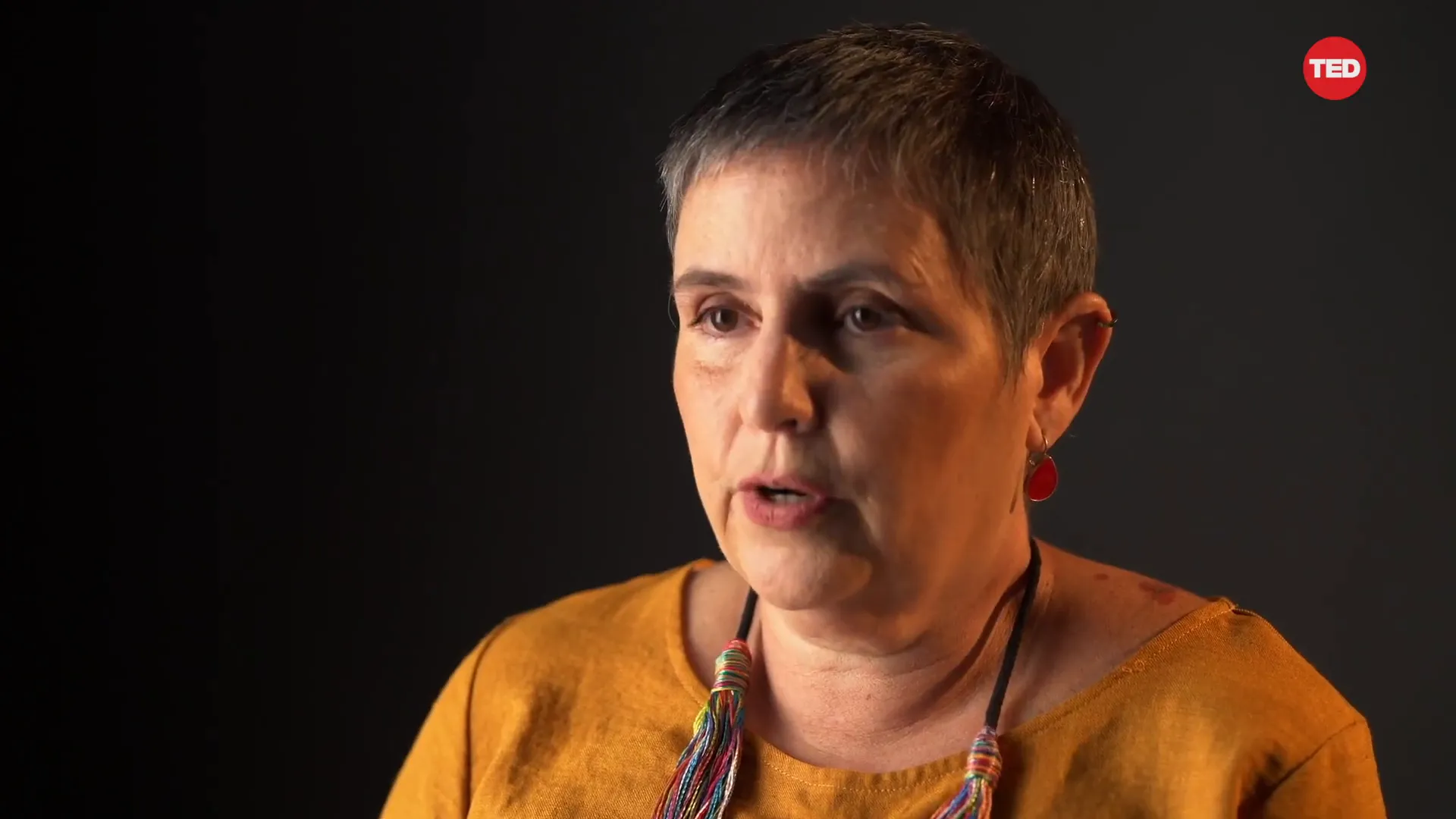
Her journey illustrates the importance of community-driven approaches in research and social change. By sharing her story, Monica aims to inspire others to recognize their potential and advocate for their own needs and rights.
The Harsh Realities of Domestic Violence
Globally, one in three women experiences physical or sexual violence at some point in their lives, a statistic that remains largely unchanged over the past decade. For many, including Monica, the repercussions of domestic violence extend far beyond immediate physical harm.
Women who endure such trauma are three times more likely to contract HIV, often as a result of violence inflicted by their partners. This statistic underscores the urgent need for research and interventions that prioritize the voices of those directly affected. Traditional top-down research approaches often lack the critical insights that come from lived experiences.
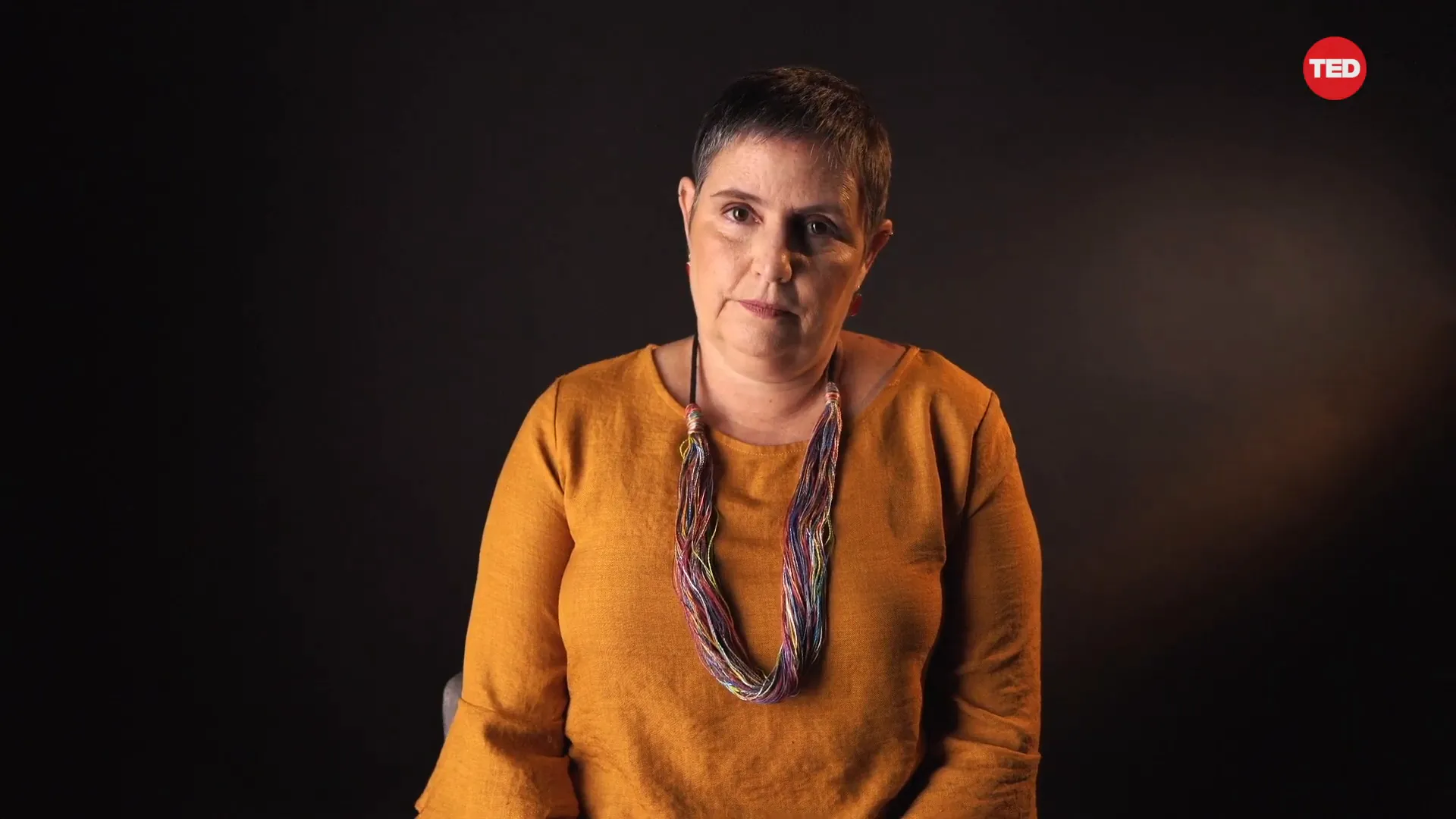
It is essential to shift our focus from merely treating symptoms to addressing root causes. How can effective solutions be developed without input from the very communities facing these challenges? The answer lies in recognizing that those who live these experiences are the true experts in their own lives.
The Impact of Top-Down Research Approaches
Top-down research approaches have long been criticized for their inability to accurately capture the realities faced by marginalized communities. Academics, equipped with power and resources, often enter communities with preconceived notions and strategies that may not align with the actual needs of those they aim to help.
This disconnect can lead to feelings of shame and confusion among community members, who may feel that their voices are not valued or heard. Furthermore, such approaches risk perpetuating biases and stigma, ultimately hindering the effectiveness of interventions.
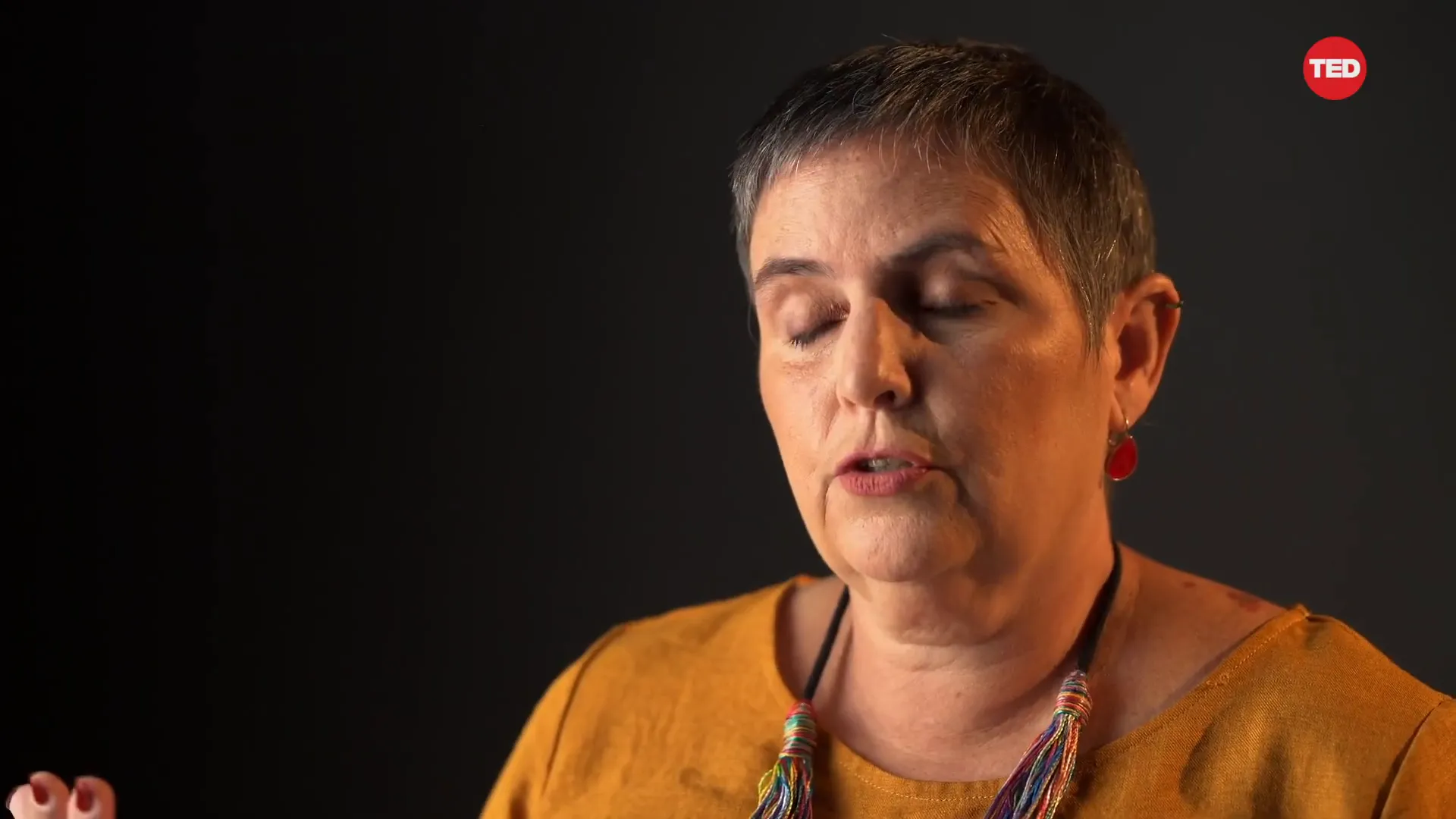
Monica's own experiences in research have highlighted the necessity of integrating community input from the outset. By fostering collaboration and mutual respect, researchers can develop more effective strategies that genuinely address the needs and realities of those impacted by social issues.
The Need for Community Input
Community input is not just beneficial; it is essential for creating sustainable solutions. Monica emphasizes that affected individuals must be included in every stage of the research process, from planning to implementation. This collaborative approach ensures that strategies are relevant, culturally appropriate, and ultimately more effective.
Monica's work with the queer community in Brazil exemplifies this principle. By forming an advisory board that represented diverse regions and populations, she was able to develop research tools that accurately reflected the community's concerns. The result was a comprehensive understanding of the challenges faced by queer Brazilians, including high rates of bullying, violence, and mental health struggles.
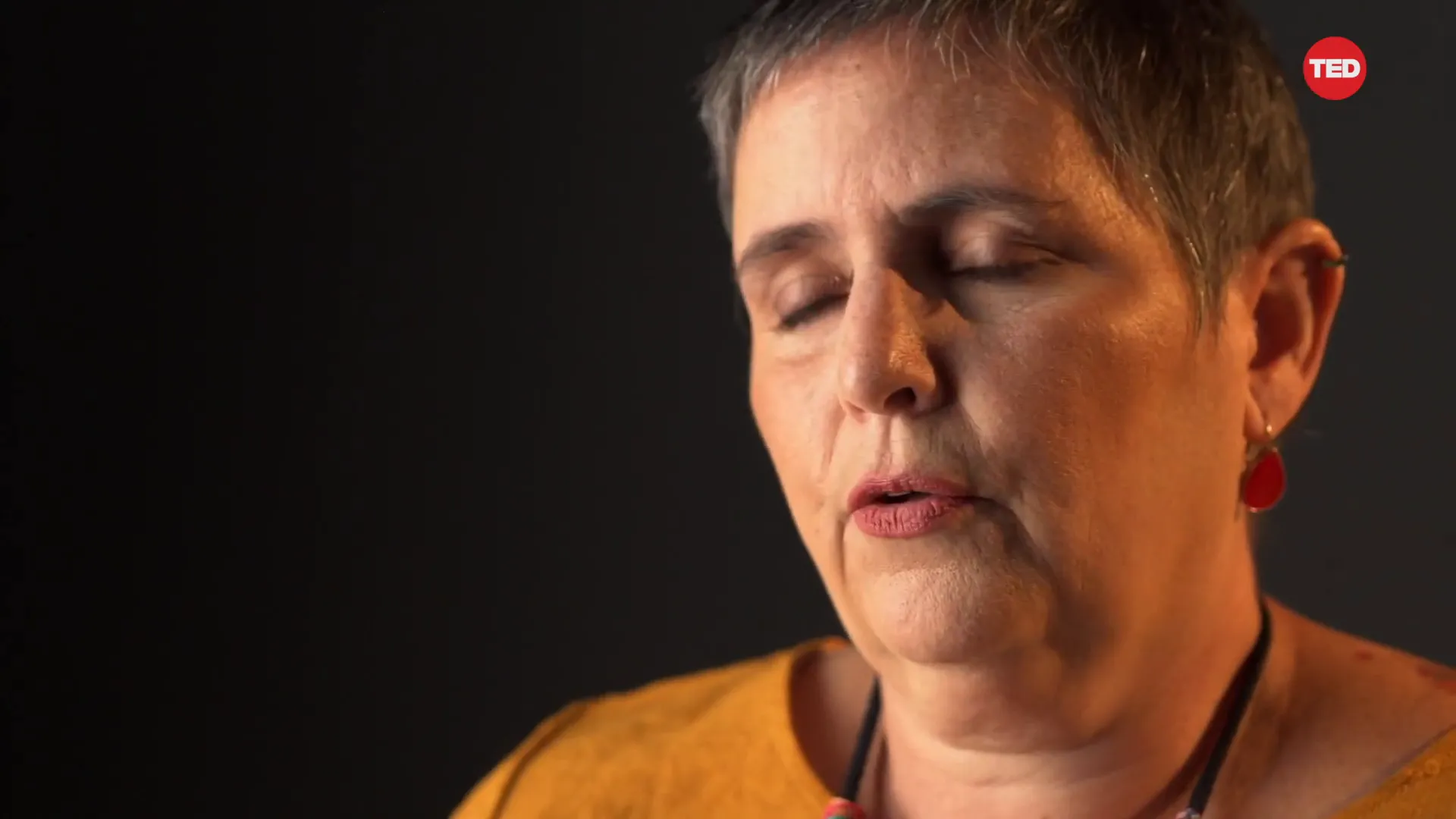
Through partnerships with local organizations, Monica and her team implemented targeted strategies that addressed these issues, demonstrating the power of community-driven research in driving social change.
A Personal Triumph Against the Odds
Monica's journey is not just one of survival; it is a testament to the resilience of the human spirit. After receiving her AIDS diagnosis, she defied the odds and transformed her life. Her experience fueled her passion for advocacy and research, leading her to empower other women facing similar challenges.
Through her work, Monica has shown that it is possible to turn pain into purpose. By sharing her story, she inspires countless individuals to rise above their circumstances and become advocates for change within their own communities.
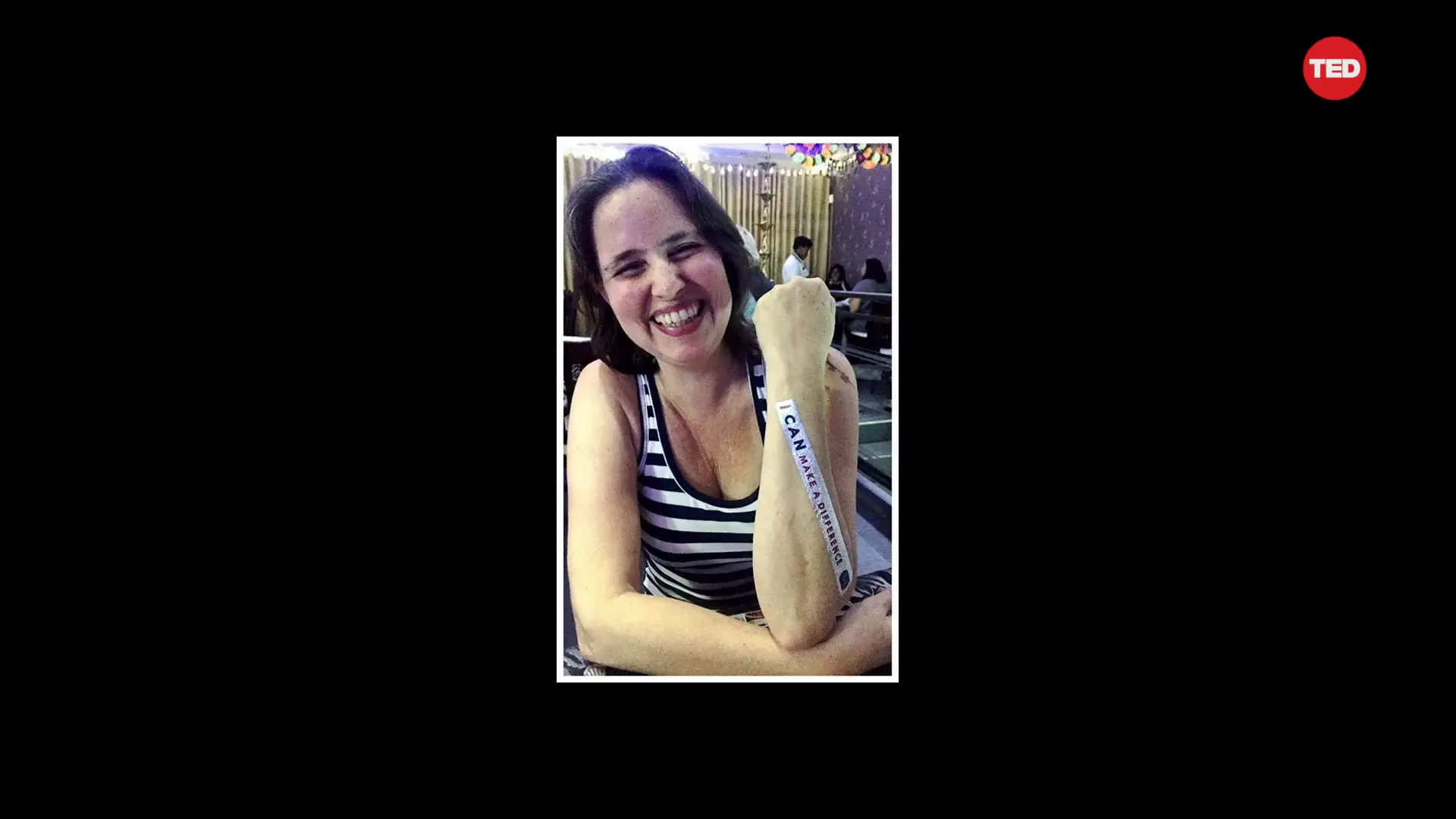
Her tireless efforts have not only improved her own life but have also created pathways for others to achieve their dreams. Monica's journey illustrates that with determination and community support, triumph is possible even in the face of adversity.
Redefining Research Methodology
Monica's experience in academia and activism has led her to advocate for redefining research methodologies to prioritize community participation. Traditional research often fails to capture the complexities of social issues, leaving critical gaps in understanding.
By adopting community participatory research strategies, Monica emphasizes the importance of collaboration and co-creation. This approach ensures that research is not merely an academic exercise but a meaningful partnership between researchers and community members.
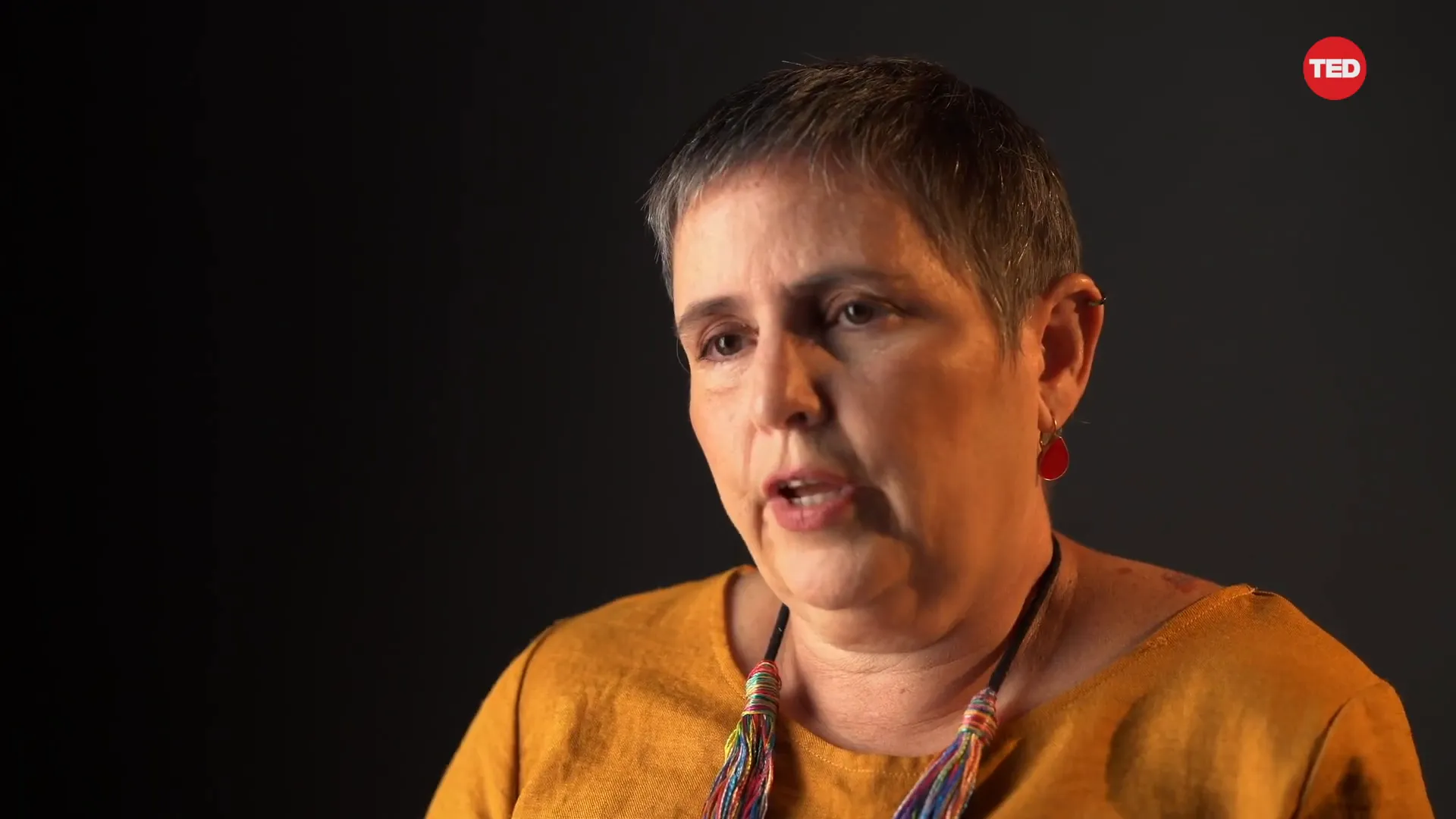
This methodology not only enriches data collection but also empowers communities to take ownership of their narratives. The outcomes of such research can lead to impactful interventions that resonate with the lived experiences of those involved, ultimately driving positive social change.
Monica's work has demonstrated that when communities are actively involved in the research process, the results are more likely to be relevant, sustainable, and transformative.
Community Participatory Research Explained
Community Participatory Research (CPR) is an innovative approach that centers the voices and experiences of community members throughout the research process. This methodology contrasts sharply with traditional research methods that often exclude those most affected by the issues being studied.
At its core, CPR emphasizes collaboration, ensuring that community members are not just subjects of research, but active participants in shaping the questions asked, the data collected, and the solutions developed. This model recognizes that individuals within communities possess invaluable insights that can lead to more effective and culturally relevant outcomes.
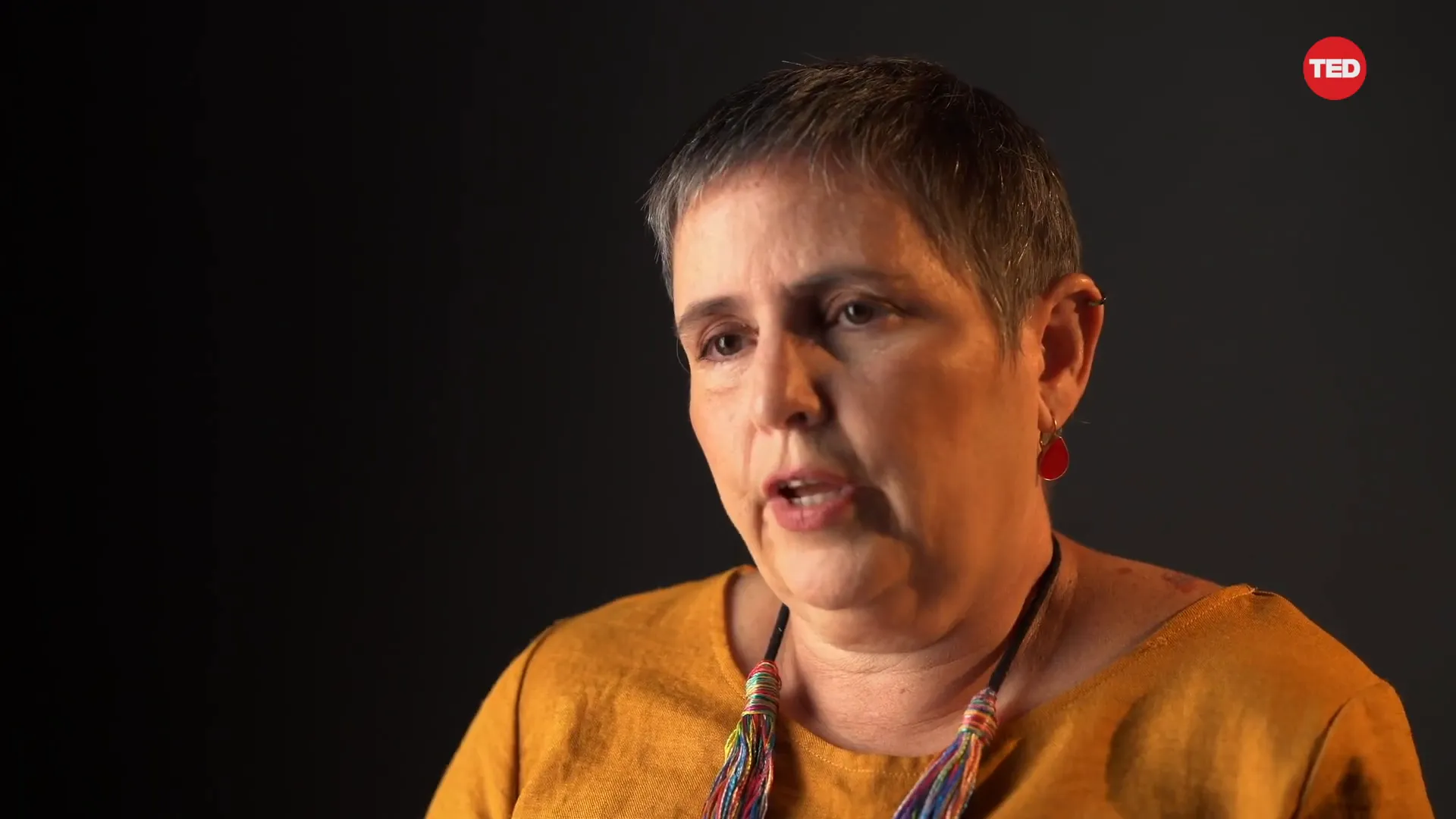
By engaging community members at every stage, from planning to implementation, CPR fosters a sense of ownership and empowerment. This approach not only enhances the quality of the research but also builds trust and strengthens community ties, paving the way for sustainable change.
The Power of Diverse Perspectives
Diversity in research is crucial for capturing the complex realities faced by different communities. When researchers include a range of perspectives, they can better understand the unique challenges and strengths of each group. This multifaceted approach leads to more nuanced insights and effective interventions.
Monica's work with the queer community in Brazil illustrates this principle beautifully. By forming an advisory board that represented various regions and demographics, she ensured that the research reflected the diverse experiences of queer Brazilians. These varied perspectives highlighted issues such as bullying, violence, and mental health struggles that might have otherwise gone unaddressed.
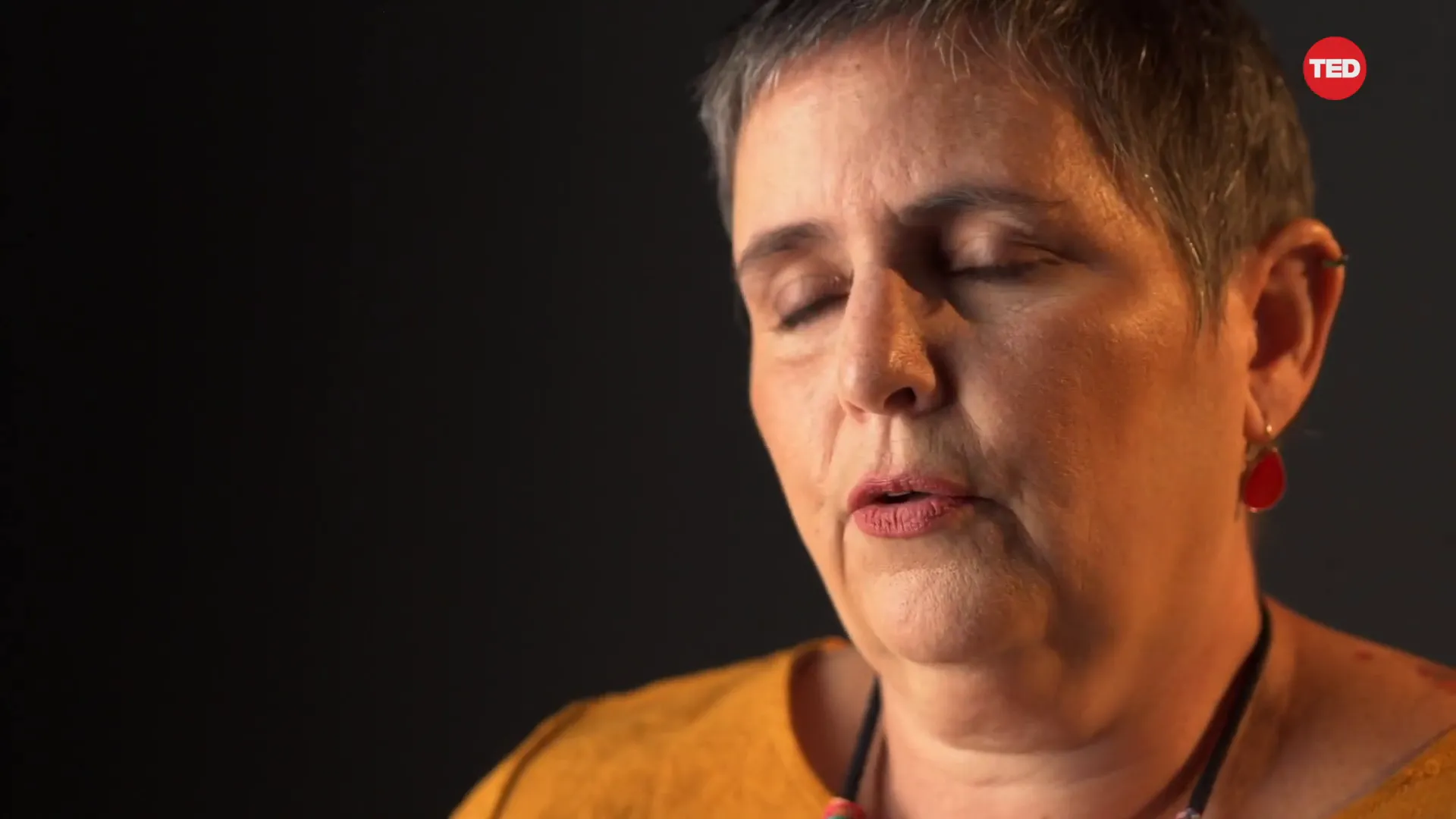
Incorporating diverse viewpoints not only enriches the research but also empowers marginalized voices. This is particularly important in communities where traditional research has often perpetuated biases. By actively listening to and valuing these perspectives, researchers can help dismantle stigma and foster a more inclusive environment.
Case Study: Supporting the Queer Community in Brazil
Monica's engagement with the queer community in Brazil serves as a powerful case study in the effectiveness of community participatory research. Recognizing the high rates of violence and mental health issues within this community, she sought to implement strategies that addressed these challenges directly.
Through collaboration with local organizations, Monica and her team developed tailored interventions such as PreparaNem, a free college preparation course designed to empower queer youth. This initiative not only provided educational resources but also fostered a sense of belonging and support among participants.
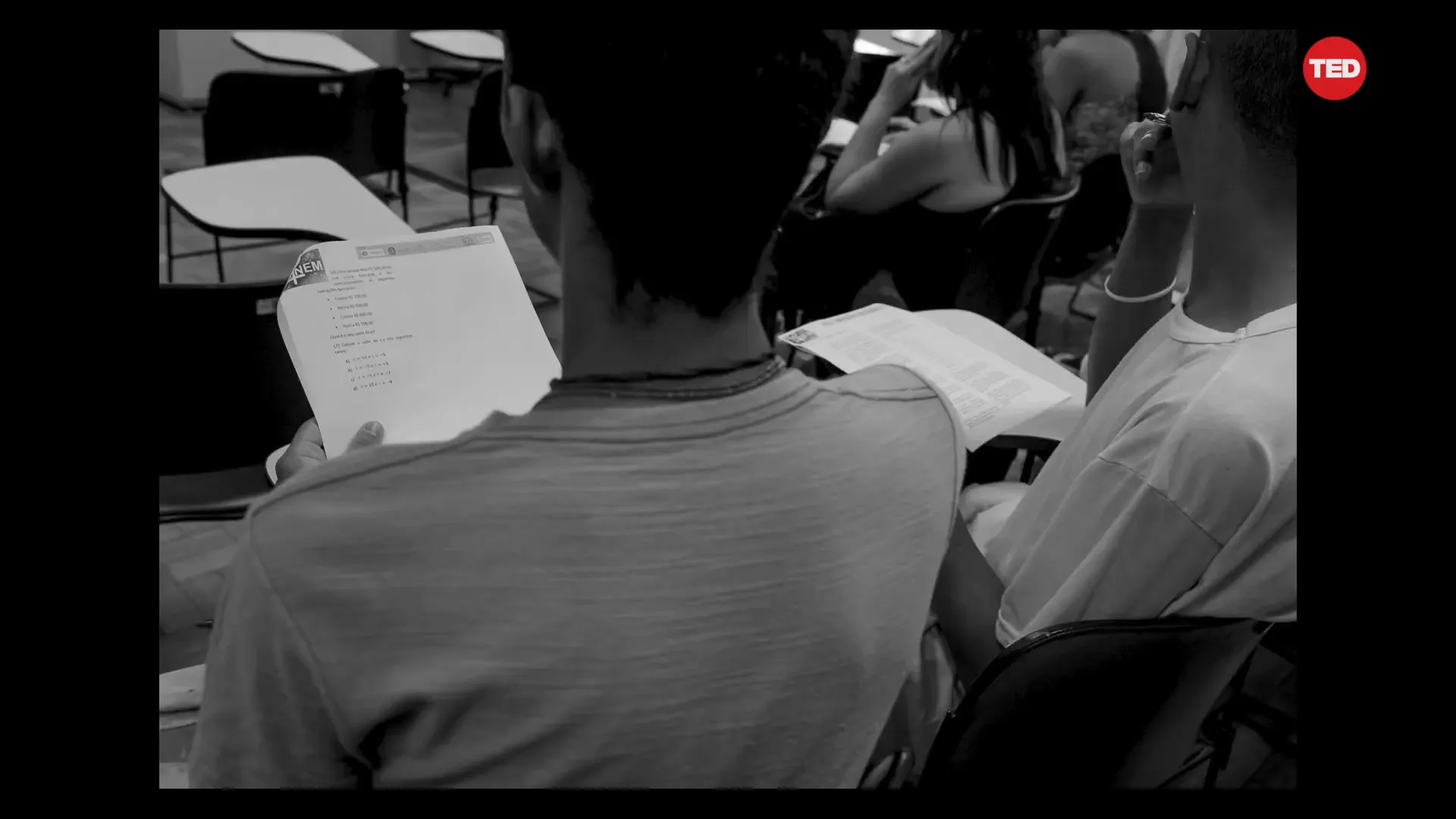
After seven years of tracking the program's outcomes, the results were compelling: over 80% of PreparaNem students continued their education, many going on to earn college degrees. This data underscores the transformative impact of community-driven initiatives that prioritize the needs and aspirations of the individuals they serve.
Educational Initiatives: PreparaNem
PreparaNem is more than just an educational program; it is a lifeline for many queer youth in Brazil. By addressing the barriers these individuals face, the initiative empowers them to pursue higher education and break the cycle of poverty and exclusion.
The curriculum is designed to be inclusive and supportive, recognizing the unique challenges faced by queer students. It includes not only academic preparation but also mentorship and emotional support, fostering a holistic approach to education.
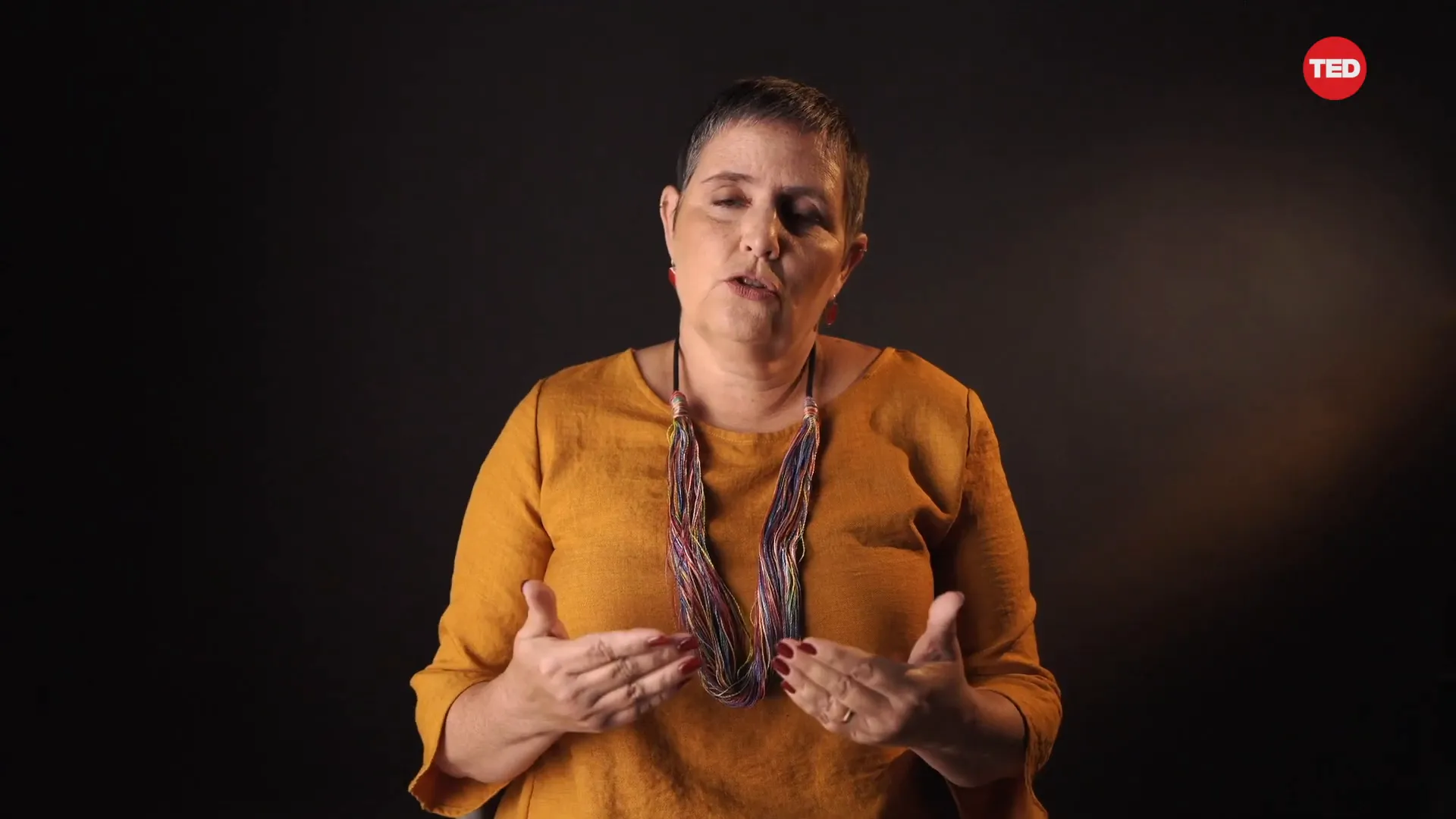
The success of PreparaNem has inspired similar initiatives across the country, demonstrating the potential for community-led educational programs to create lasting change. By equipping individuals with the tools they need to succeed, these initiatives empower them to advocate for themselves and their communities.
Entrepreneurship Training Success Stories
In addition to educational support, Monica's team recognized the importance of entrepreneurship training as a means of fostering economic independence within the queer community. This initiative aimed to equip individuals with the skills and resources necessary to launch their own businesses.
The entrepreneurship training program has yielded impressive results. Many participants have successfully launched new ventures or improved existing businesses, contributing to their personal financial stability and the overall economic health of their communities.
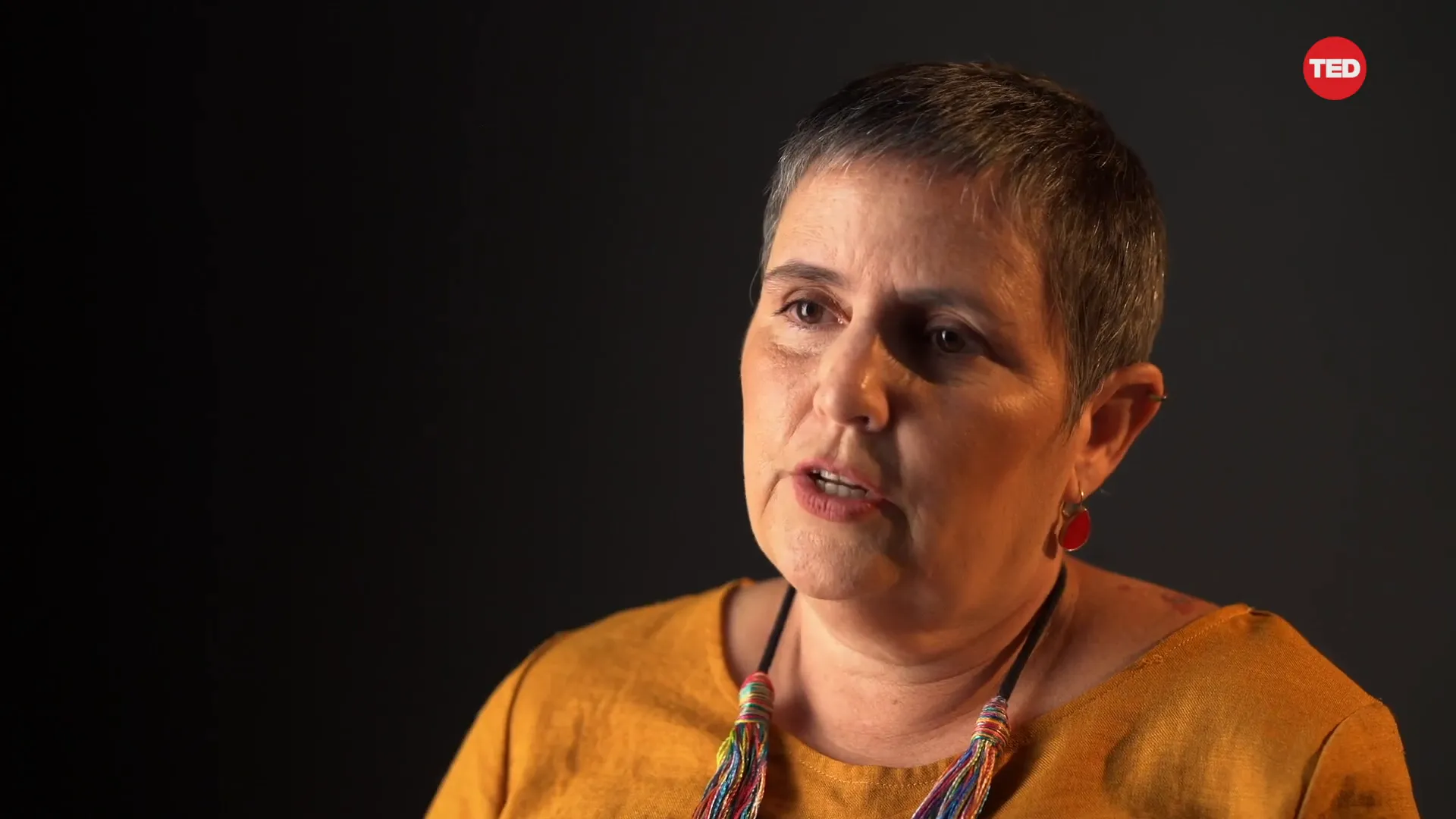
These success stories highlight the transformative power of community-driven entrepreneurship initiatives. By providing tailored resources and support, these programs help individuals overcome barriers and realize their potential as business owners and community leaders.
Developing the Rise App for Safety
In response to the alarming rates of violence faced by queer individuals, Monica's team developed the Rise app, a safety tool created in collaboration with the community. This innovative application includes features such as panic buttons, safe route mapping, mental health screening, and 24/7 crisis support.
The Rise app has quickly gained traction, with thousands of users benefiting from its life-saving features. Many individuals have shared powerful testimonials about how the app has provided them with the support and resources they needed in critical moments.
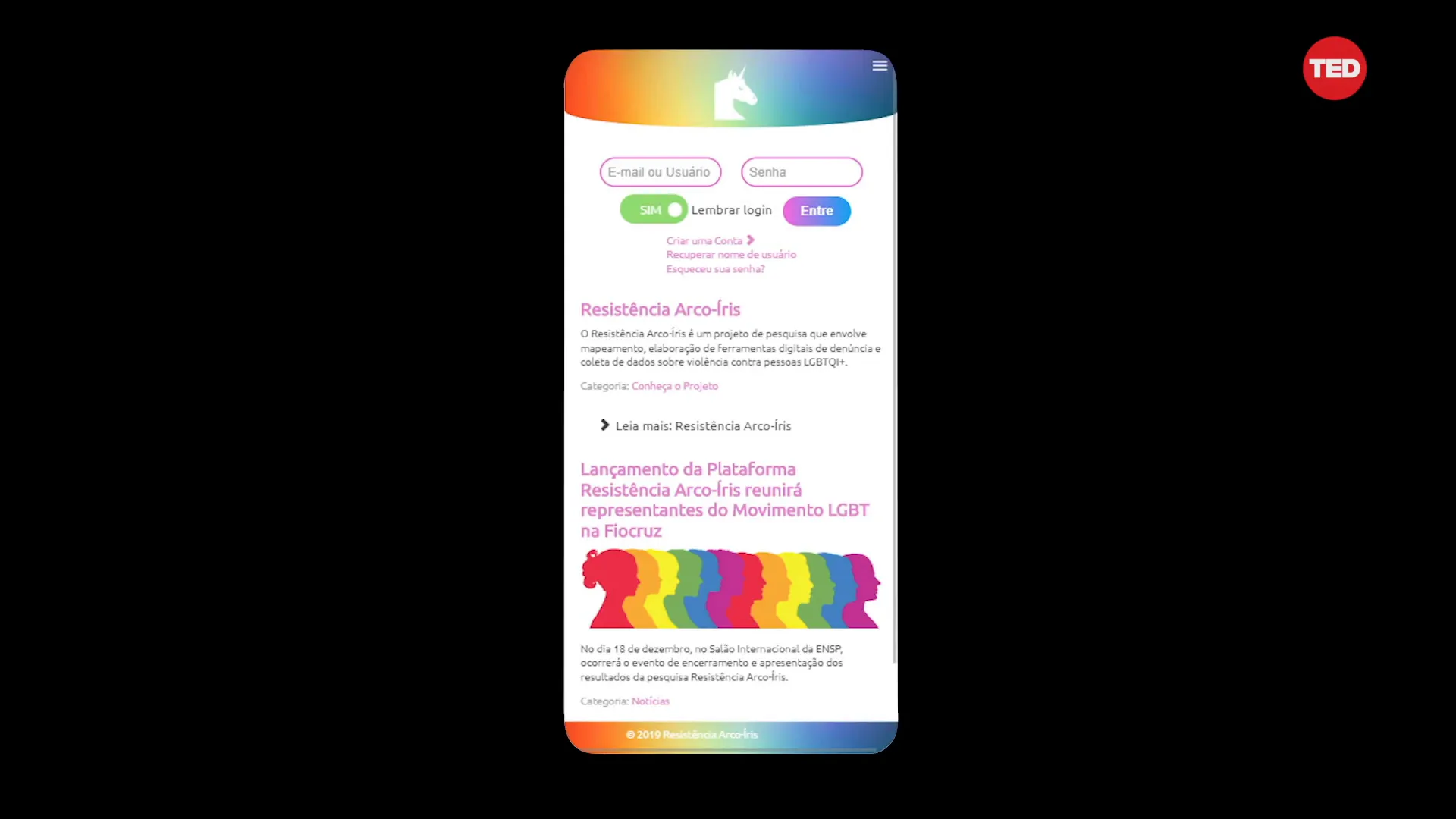
This initiative exemplifies the importance of leveraging technology to address pressing social issues. By prioritizing user safety and mental health, the Rise app not only empowers individuals but also fosters a sense of community and connection among users.
Collaborative Strategies for Change
Collaboration is the cornerstone of effective community participatory research. It requires a commitment to work alongside community members, recognizing their expertise and lived experiences. This partnership is not just about gathering data; it is about co-creating solutions that reflect the community's needs and aspirations.
Monica's approach emphasizes the importance of establishing advisory boards that include diverse voices from the community. By doing so, researchers can develop a nuanced understanding of the challenges faced by different groups. This collaborative dynamic fosters trust and ensures that interventions are culturally relevant and sustainable.
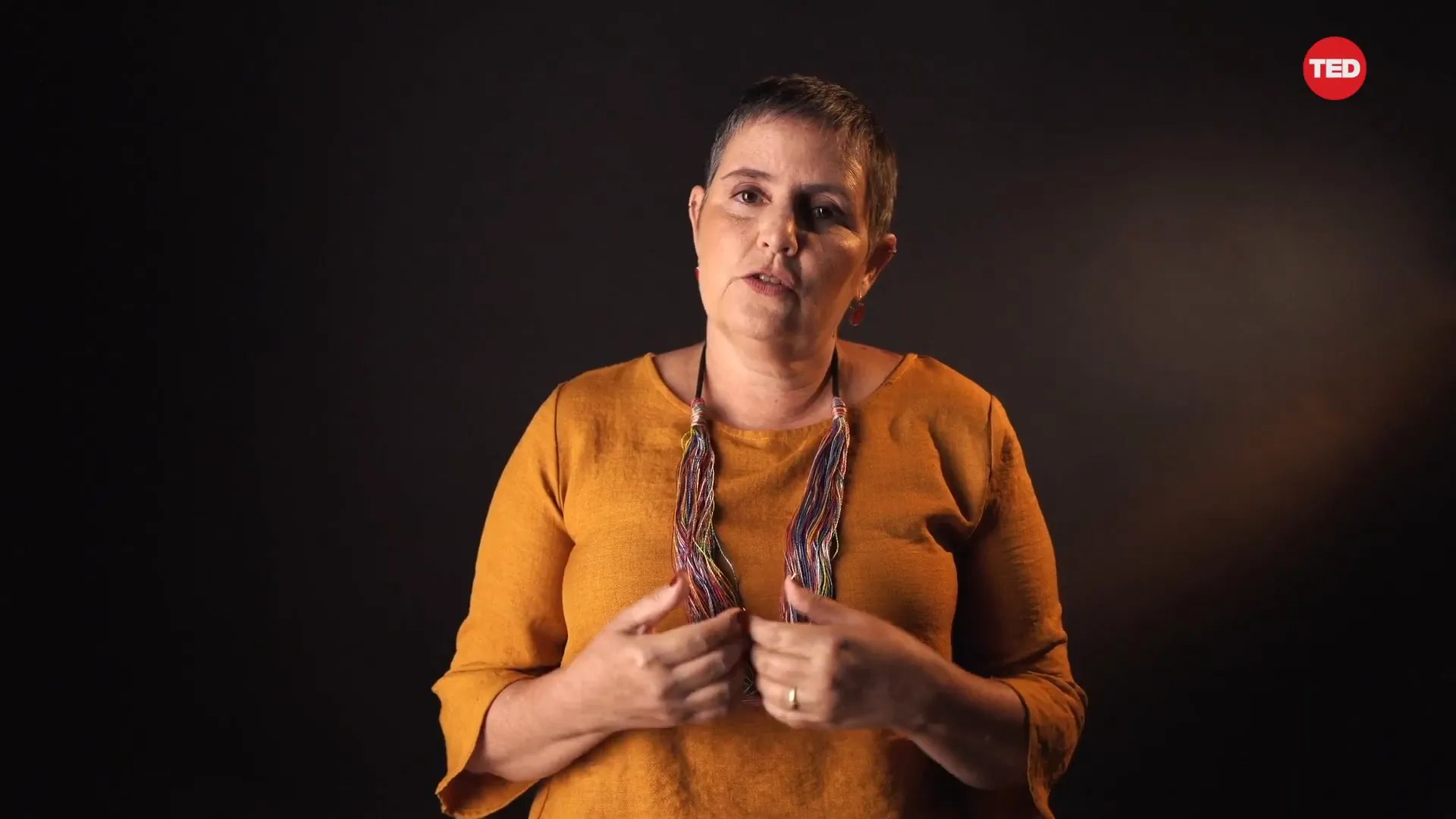
Moreover, such collaboration can lead to innovative strategies that address complex social issues. For instance, when working with the queer community in Brazil, Monica and her team implemented educational and entrepreneurial programs tailored to the unique needs of the participants. These initiatives not only provided necessary resources but also empowered individuals to take charge of their own narratives.
Ultimately, collaborative strategies pave the way for systemic change, allowing communities to advocate for their own rights and needs. By engaging in this participatory process, researchers can help dismantle the barriers that have historically marginalized these voices.
Listening to Diverse Community Needs
Listening is a fundamental aspect of community participatory research. It requires humility and a genuine desire to understand the unique experiences and challenges faced by different groups. Monica's work illustrates how crucial it is to approach each community with an open mind and heart.
Every community has its own distinct needs, shaped by its cultural, social, and economic context. For example, while the queer community in Brazil may face high rates of bullying and violence, Indigenous communities might grapple with issues related to land rights and cultural preservation. By actively listening to these diverse needs, researchers can tailor their interventions to be more effective.
Monica's experiences have shown that listening is not a passive act; it involves engaging in meaningful dialogue and building relationships of trust. This process can lead to the co-creation of innovative solutions that resonate with the community's priorities. Furthermore, it empowers individuals to become advocates for their own needs, fostering a sense of ownership and agency.
Incorporating diverse perspectives not only enriches the research but also enhances the overall quality of interventions. By valuing the voices of community members, researchers can help dismantle systemic inequalities and foster a more inclusive society.
Conclusion: Empowering Communities to Lead
The essence of community participatory research lies in empowering communities to take the lead in addressing their own challenges. Monica's journey illustrates that when individuals are given the tools and support they need, they can become powerful agents of change within their communities.
Through collaboration, listening, and mutual respect, researchers and community members can forge partnerships that drive meaningful social change. This approach not only leads to more effective interventions but also fosters resilience and empowerment among community members.
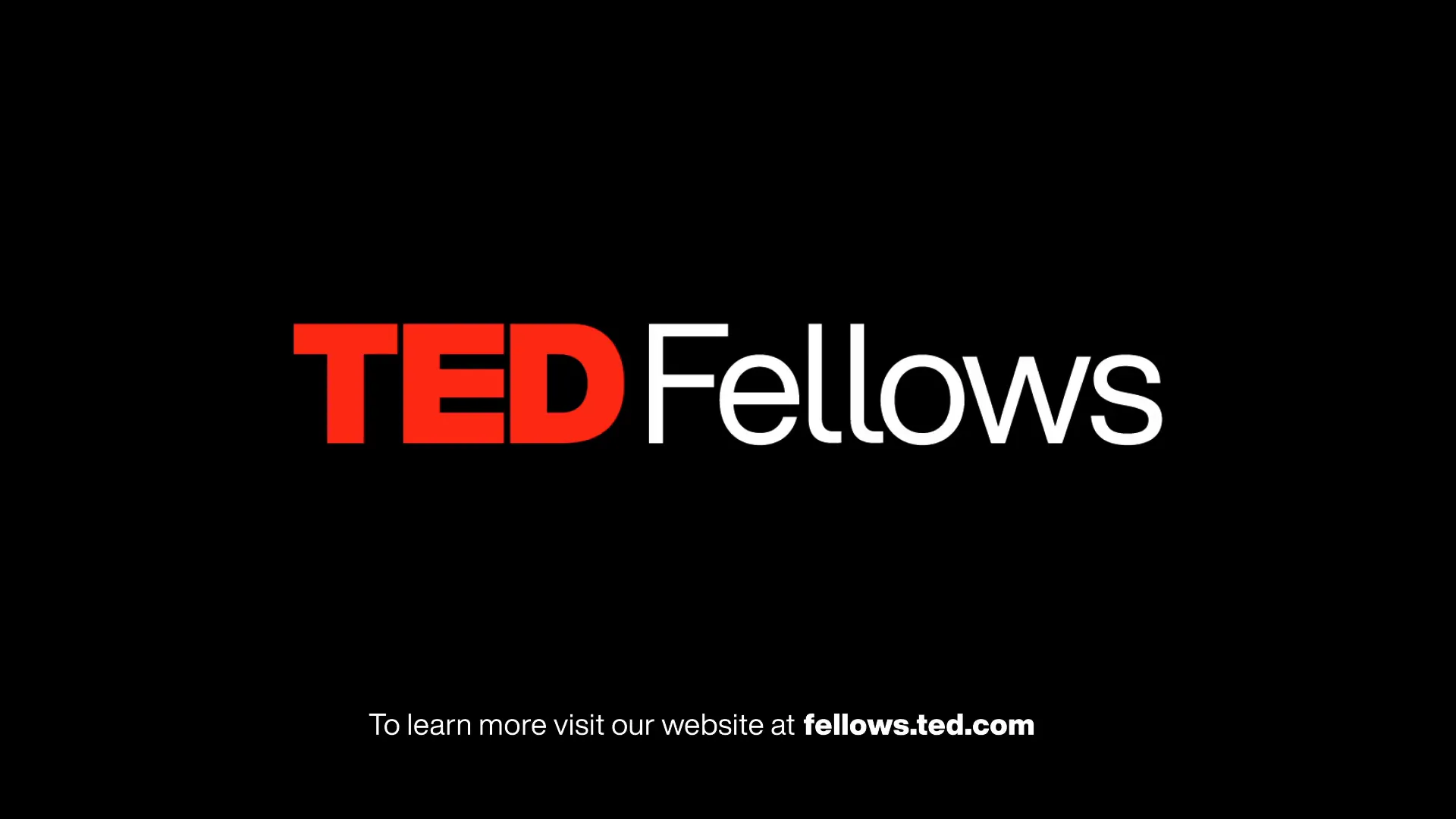
As we reflect on the importance of participatory research, it becomes clear that the path to social change must be paved with the voices and experiences of those most affected. By prioritizing community input, we can create a more equitable and just society where everyone has the opportunity to thrive.
FAQ: Understanding Community Participatory Research
What is Community Participatory Research (CPR)?
Community Participatory Research is an approach that actively involves community members in the research process. This includes participation in planning, data collection, and the implementation of interventions, ensuring that the research reflects the needs and realities of the community.
Why is community input essential in research?
Community input is crucial because it provides valuable insights that can lead to more effective and culturally relevant outcomes. When community members are involved, interventions are more likely to address the root causes of issues rather than just the symptoms.
How can researchers build trust with communities?
Building trust requires transparency, respect, and a commitment to listening. Researchers should engage in open dialogue, acknowledge the expertise of community members, and ensure that their voices are heard throughout the research process.
What are the benefits of CPR?
The benefits of Community Participatory Research include improved relevance of interventions, increased community ownership, enhanced trust between researchers and communities, and ultimately, more sustainable and impactful outcomes.
Made with VideoToBlog